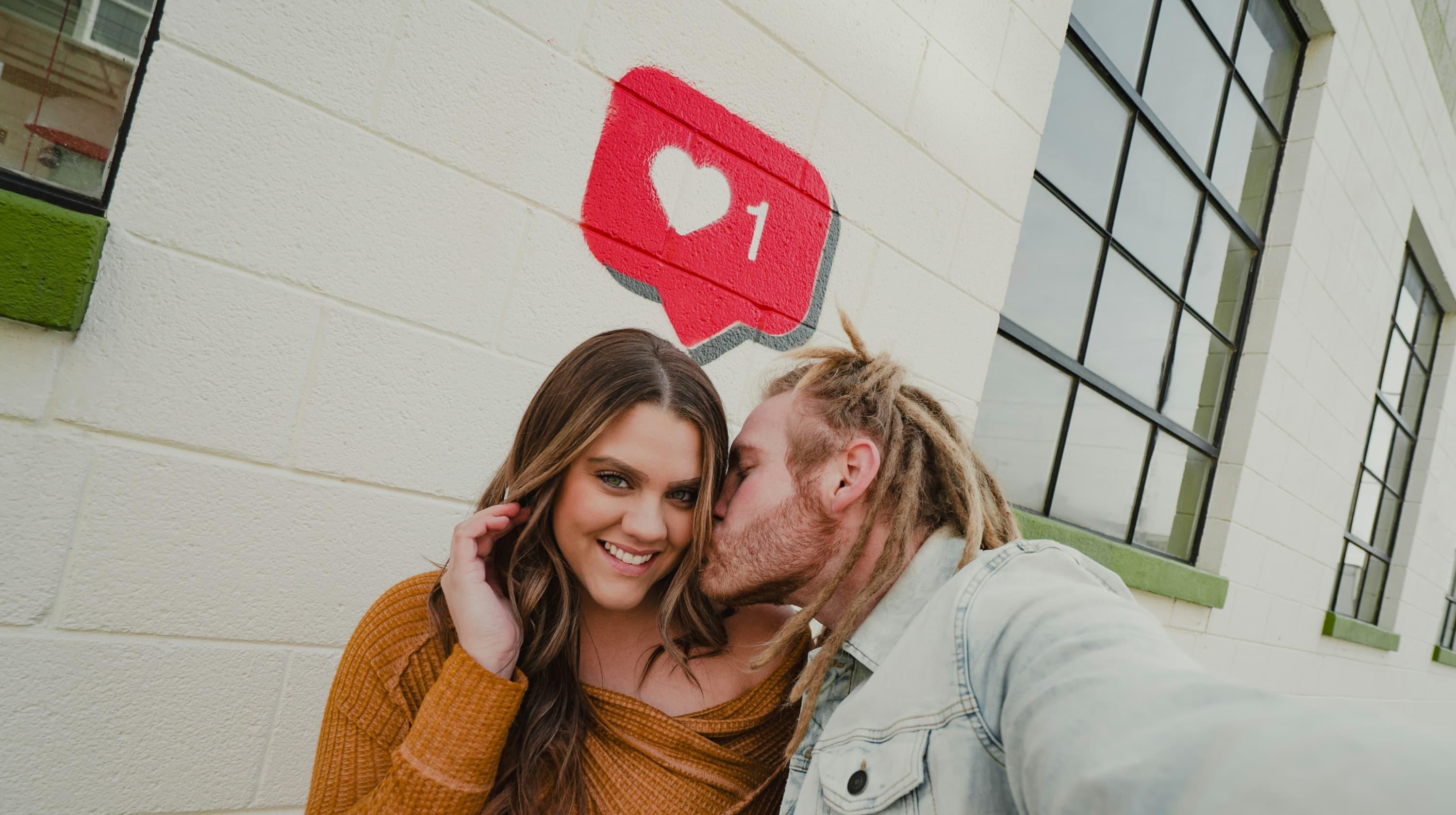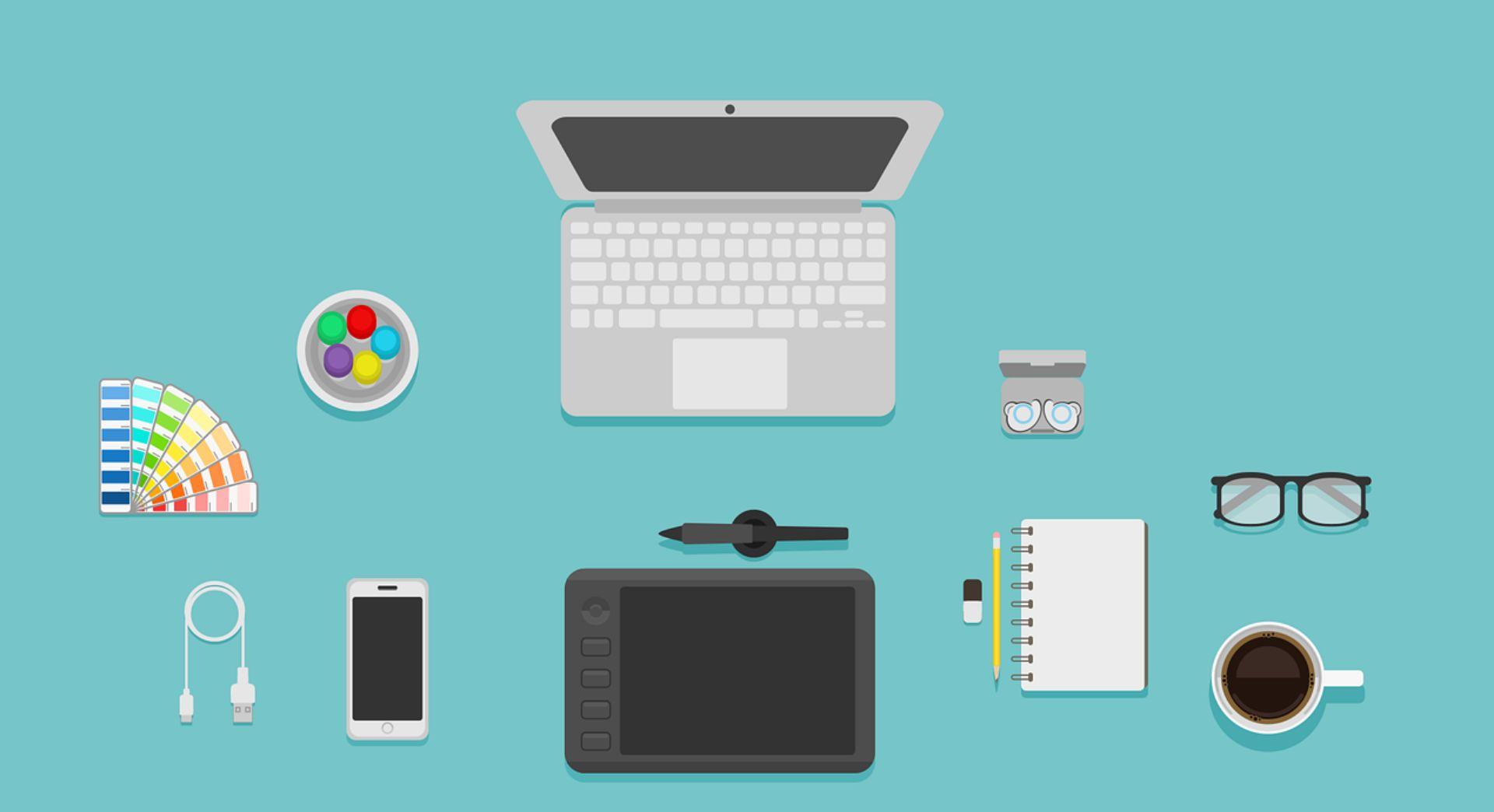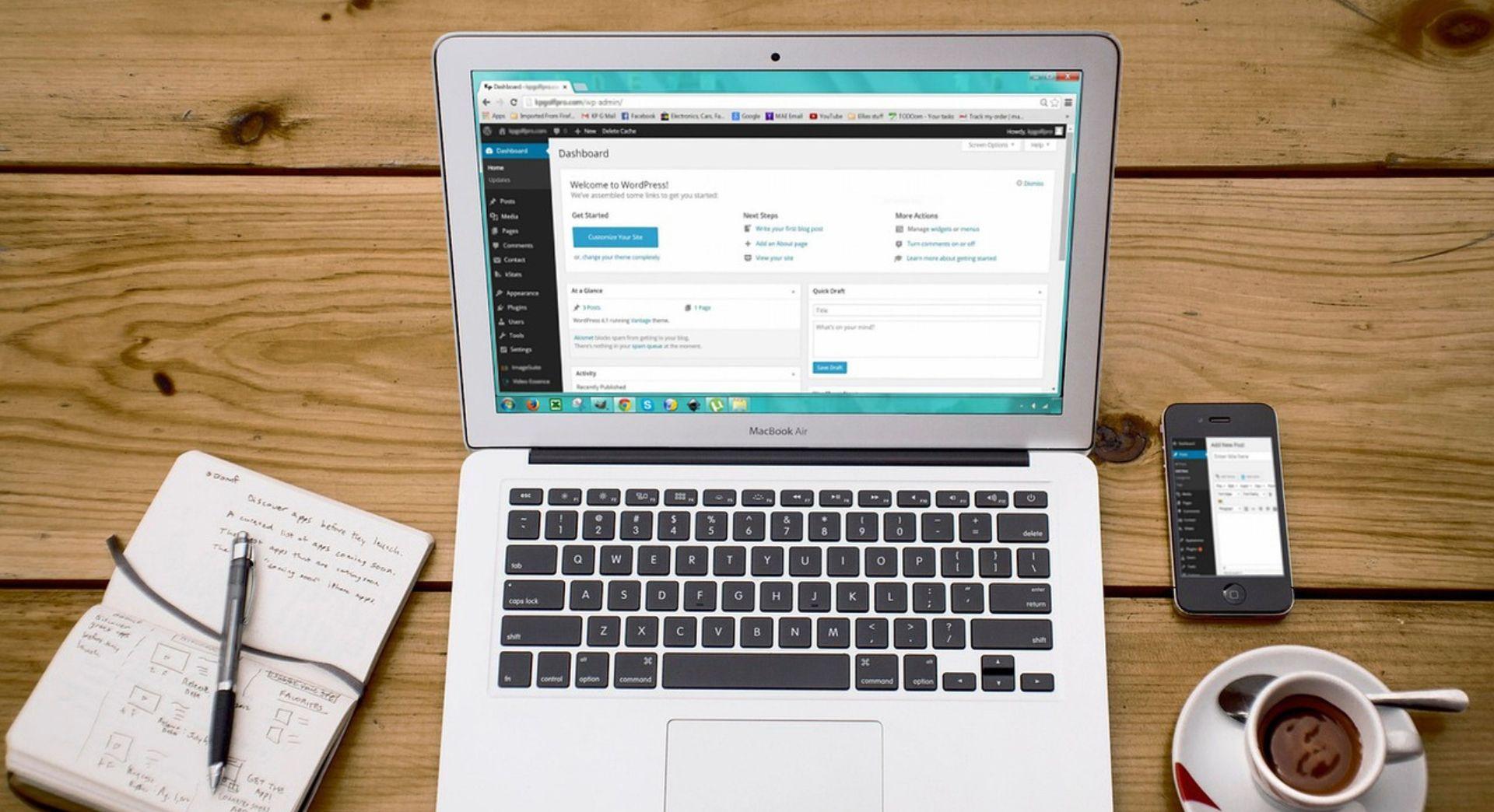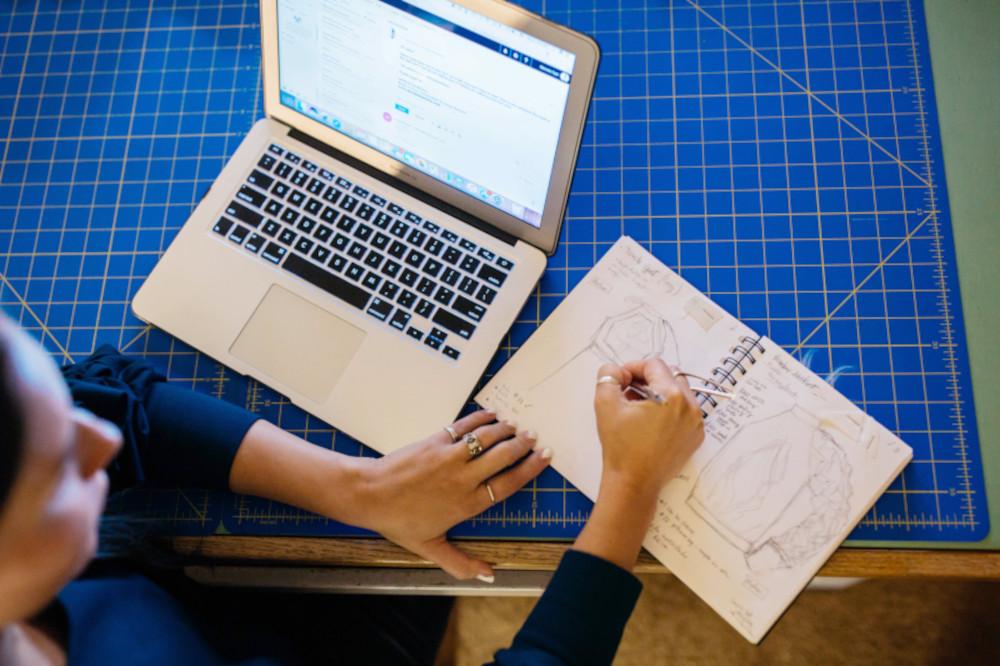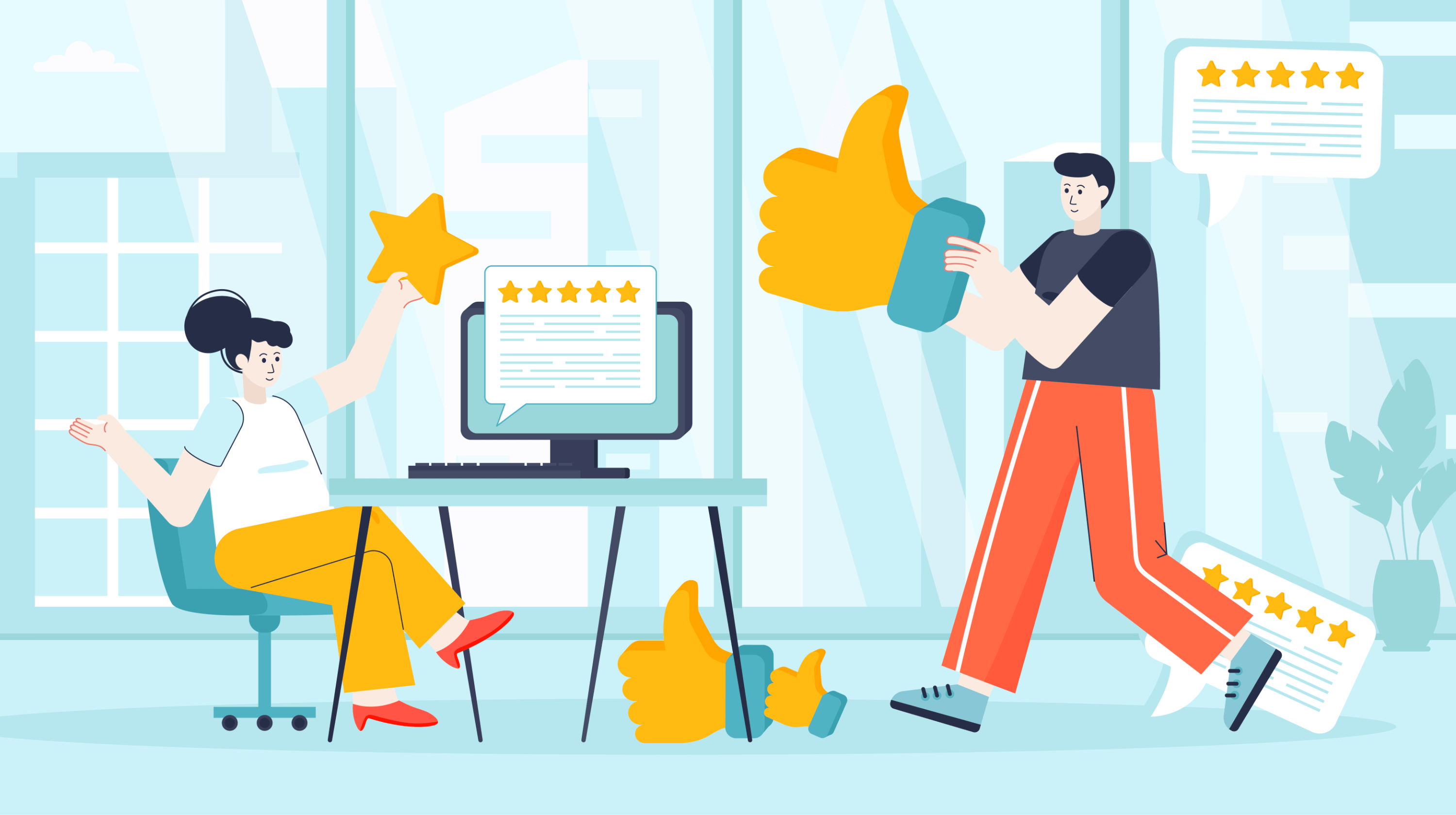Nowadays, most people in Australia can barely go a day without checking social media.
In fact, statistics show that the average person checks some form of social media account every hour and 51 minutes.
Social media’s popularity continues to grow as both new marketers and new users discover the likes of Facebook, WhatsApp, Instagram and TikTok, to mention some of the best known.
It can be easy to understand why social media platforms are so popular. Photos of animals, updates from friends posting stories about their daily activities, and news headlines that come in the form of X posts are some of the highlights you can get from social networks.
But not everything is rosy on social media.
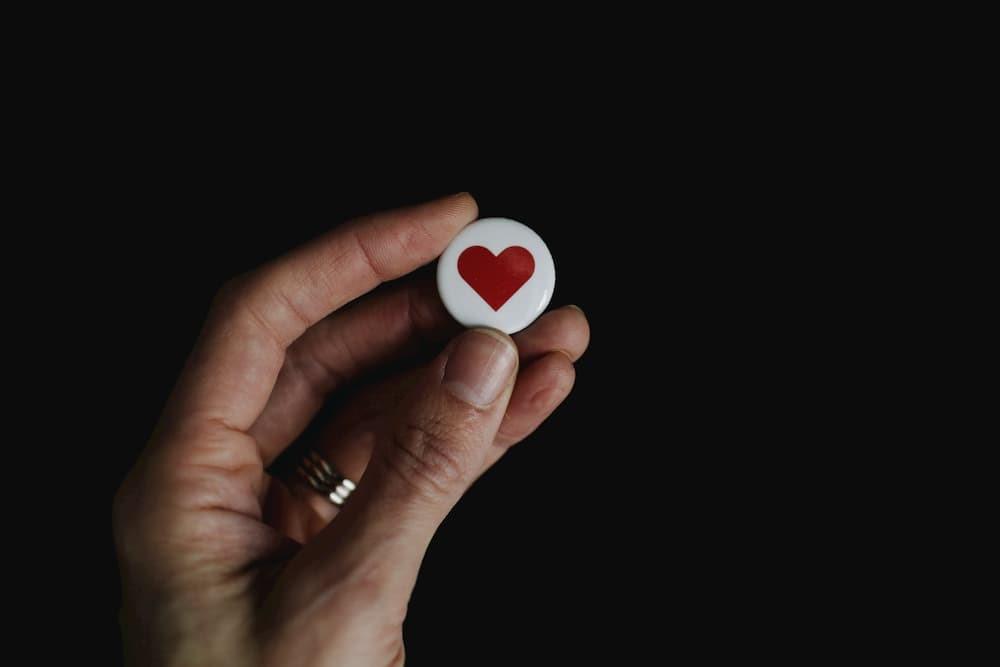
The digital world acts as a network in which hackers, cybercriminals and data traffickers try to impose their own rules at the expense of average people.
To protect ourselves, we must take steps to prevent emotional, social and financial consequences.
The internet is democratised, meaning that everyone can use it regardless of whether they have good or bad intentions. And therefore, anyone, without exception, can end up exposed to the dangers of criminals and fraudsters.
Therefore, in this article we will look into the biggest dangers in the world of social networks and how we can avoid falling into its traps.
9 types of risks and dangers of social media
The companies behind the creation and distribution of social media platforms are constantly working to improve their security and protect users from attacks by cybercriminals.
Verification codes, message encryption and other measures create a barrier, helping limit the actions of those who only seek to profit at the expense of others.
Some social media platforms also have age restrictions. People have to be 13 years old to use X (formerly Twitter), Facebook, Instagram and TikTok for example.

With YouTube, users have to be 13 and have a parent’s consent to use the platform. Of course, some young people find ways of breaking these rules.
But beyond the risks that children face on these networks, adults can also suffer the consequences of using these platforms.
To know how to avoid the dangers of social media, you’ll need to know how to identify its risks. There are many issues associated with the inappropriate use of social media, but below we will delve into nine of the most worrying ones.
1. Cyberbullying
This form of bullying is carried out through digital platforms. Victims of cyberbullying may receive hate messages, online harassment or defamation, which can lead to serious psychological consequences including depression and anxiety.
Using social media responsibly and respectfully is one of the keys to avoid cyberbullying.
In addition, seeking professional help, whether legal or psychological, is important to manage this social media risk, should you ever experience it.
The fewer personal details you published online, the better.
You might think that posting information about the school you went to, the place you were born, or where you go on holiday is innocent. But cyber criminals can use this information to harass or threaten victims.
Correct use of social networks and knowledge of the dangers they pose is vital to avoid all types of harassment through a social network.
2. Phishing and fraud
Phishing attacks and online scams have become increasingly common social media issues.
Scammers use deceptive messages to steal personal and financial information. These attacks can lead to the loss of sensitive data, identity theft and banking problems.
Often, phishing scammers send disguised links to social media users.
These links then redirect to web pages or places on the network that contain viruses camouflaged in the form of advertisements or publications. Once you’ve clicked a link, hackers can then send spam or directly obtain more private data.
To avoid scams and frauds on the Internet, it is important to confirm the authenticity of any messages or offer you might receive. Type the name of the business into your browser if you’re interested, rather than clicking on the link. That should tell you whether it’s a legitimate venture or not.
3. Exposure to inappropriate content
One of the biggest dangers of social media for teenagers is exposure to inappropriate content, such as:
- Violence
- Explicitly sexual material
- Hate speech
This sort of content can have a negative impact on both their development and perception of the world.
To prevent this, it is important to use parental control tools and monitor young people’s online activities whenever possible.
4. Social media addiction
Social media addiction is an increasingly present problem in our society.
More and more people are spending hours and hours reading messages and watching videos without any real purpose.
This so-called Doom Scrolling can affect a person’s productivity and personal relationships. It can also reduce the time they spend on more enriching activities, such as reading or exercising.
To avoid this problem, it is necessary to impose usage limits on social media platforms and be aware of how we use social sites on a day-to-day basis.
Apps like Freedom and One Sec can help you track and limit the time you spend on social media sites. These apps block distracting apps and websites.
5. Privacy and data security issues
The collection and misuse of personal data by others without consent is a significant risk on social media.
So we must take the time to check the privacy settings available. We should also be very careful when sharing personal information to protect our privacy and security online.
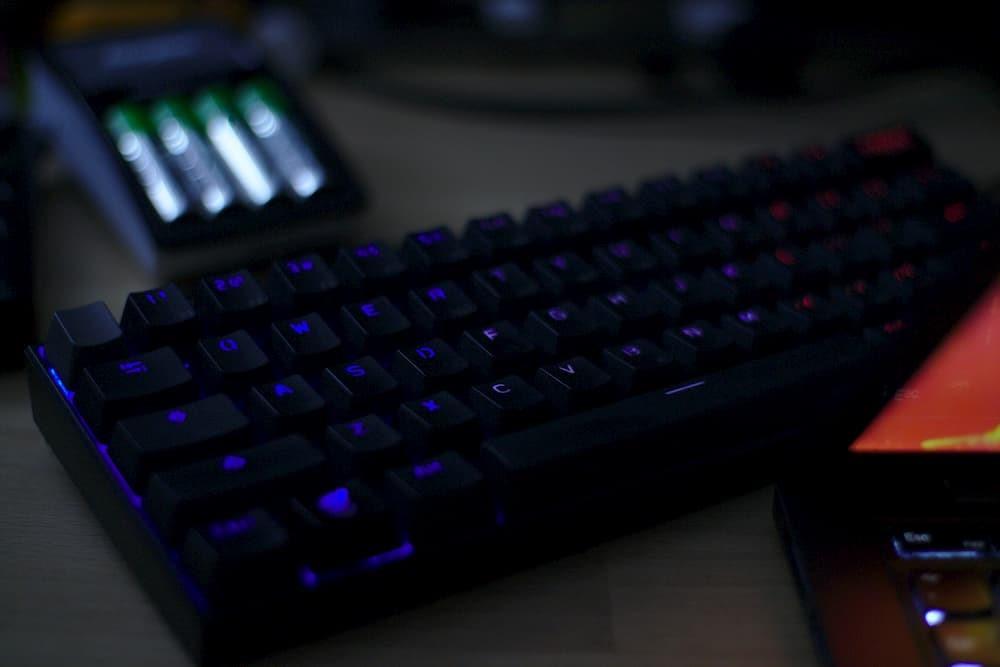
Additionally, using quality VPN software will protect our online activity from any kind of threat or tracking.
You may also like: Why businesses need firewalls now more than ever
6. Impact on mental health
Too much time on social media has been linked to mental health problems such as anxiety, depression and low self-esteem, especially among young people.
Constant comparison with others' idealised lives can deteriorate emotional well-being.
Be aware that not everything we see on social media is real.
It is also important to seek help if we experience negative feelings and effects.
You may also like: Why mental health in the workplace matters
7. Living for and by Likes
This problem is especially prevalent amongst younger people who at the stage of their lives when making and keeping friends is a priority.
Although traditionally, creating friendships was done in person, new technologies have transferred the way we build new relationships.
It’s now as ‘normal’ to build bonds through the screen of a mobile phone as it is to do so in the warm-bodied world.
Insecurities can start to arise the moment a person posts an image or comment and is waiting for their social network to comment, like, and repost.
If these affirmations don’t come, it can be demoralising.
IMG ALT: The Social Dilemma landing page
Plus, they may worry they cannot gain self-esteem and will not be popular if they do not constantly receive likes on their profiles.
There are various documentaries that reveal the seductive mechanisms of social networks, both for adults and minors. For example, The Social Dilemma.
Even so, knowledge of the dangers of social networks and being aware of when we have an addiction problem is also vital.
8. Impact on work
What you post on social media can impact your career, either in the future or the present.
Here’s why...
It is now common for human resource departments to use social media to find out more information on potential candidates.
The discovery of inappropriate material and content posted by these candidates can lead companies to eliminate them from the selection process.
Therefore, if you have intimate or compromising photos that can be seen, delete them as soon as possible.
Possible posts and messages that give a bad impression of your opinions will also be taken into account.
So be careful what you post on social networks.
Someone may post comments with the goal of getting you to respond. The interaction could end in defamation or publication of lewd or contentious comments.
A secondary problem comes from the use of social media during work hours.
Some companies may try to find out if potential job candidates abuse their personal devices during working hours. They use this knowledge to decide if the person is suitable for the position or if, once hired, they will perform their tasks properly.
9. Fake news
Also known as hoaxes, in recent years the appearance of fake news has been able to change the opinion of millions of people on multiple topics.
The technique focuses on publishing and spreading fake news until it reaches the entire audience of a social network. This relies on users in the network not checking the source of facts or questioning their authenticity before resharing them.
The Australian Parliament says:
“Fake news is increasingly seen as a threat to political legitimacy, democratic institutions and social cohesion by governments around the world.”
It is very dangerous to publish unfounded, offensive comments that disqualify another person, because those comments can end up having legal repercussions.
Fake news often includes inflammatory political or religious statements.
Although some people may not believe it, using Facebook or X is nothing more than putting a person's thoughts into text. So be careful when posting comments that you may later regret.
Avoid the dangers of social media
The dangers of social media do exist. They are there every day and, if you do not make an effort to manage your social media, the consequences can be serious.
Let’s review the main recommendations to avoid the pitfalls of social media:
- Set your profile privacy settings so that only your friends can see your information.
- Avoid posting personal information or your vacation plans.
- Do not accept requests or messages from unknown accounts or people.
- Avoid clicking on shortened URLs if you don't know where they come from.
- Report suspicious or offensive accounts to the social platform.
- Create separate accounts for your personal life and (if necessary) your work life.
Literature
- "Social media is driving teen mental health crisis" by EEdwards and HJackson (2023) https://www.nbcnews.com/health/health-news/social-media-mental-health-anxiety-depression-teens-surgeon-general-rcna85575
- "How misinformation on social media has changed news" by AMicich & RJCross (2023) https://pirg.org/edfund/articles/misinformation-on-social-media/
- “Research trends in social media addiction and problematic social media use: A bibliometric analysis” by APellegrino, AStasi & VBhatiasevi (2022) https://www.ncbi.nlm.nih.gov/pmc/articles/PMC9707397/#:~:text=A%20systematic%20review%20by%20Khan,associated%20with%20social%20media%20addiction.
- "The New Era of Social Media Looks as Bad for Privacy as the Last One" by VElliott (2023) https://www.wired.com/story/x-alternatives-user-privacy-report/
- " The Role of Social Media in Health Misinformation and Disinformation During the COVID-19 Pandemic" by FAdebesin, HSmuts, TMawela & GMaramba 2023 https://www.ncbi.nlm.nih.gov/pmc/articles/PMC10551800/
